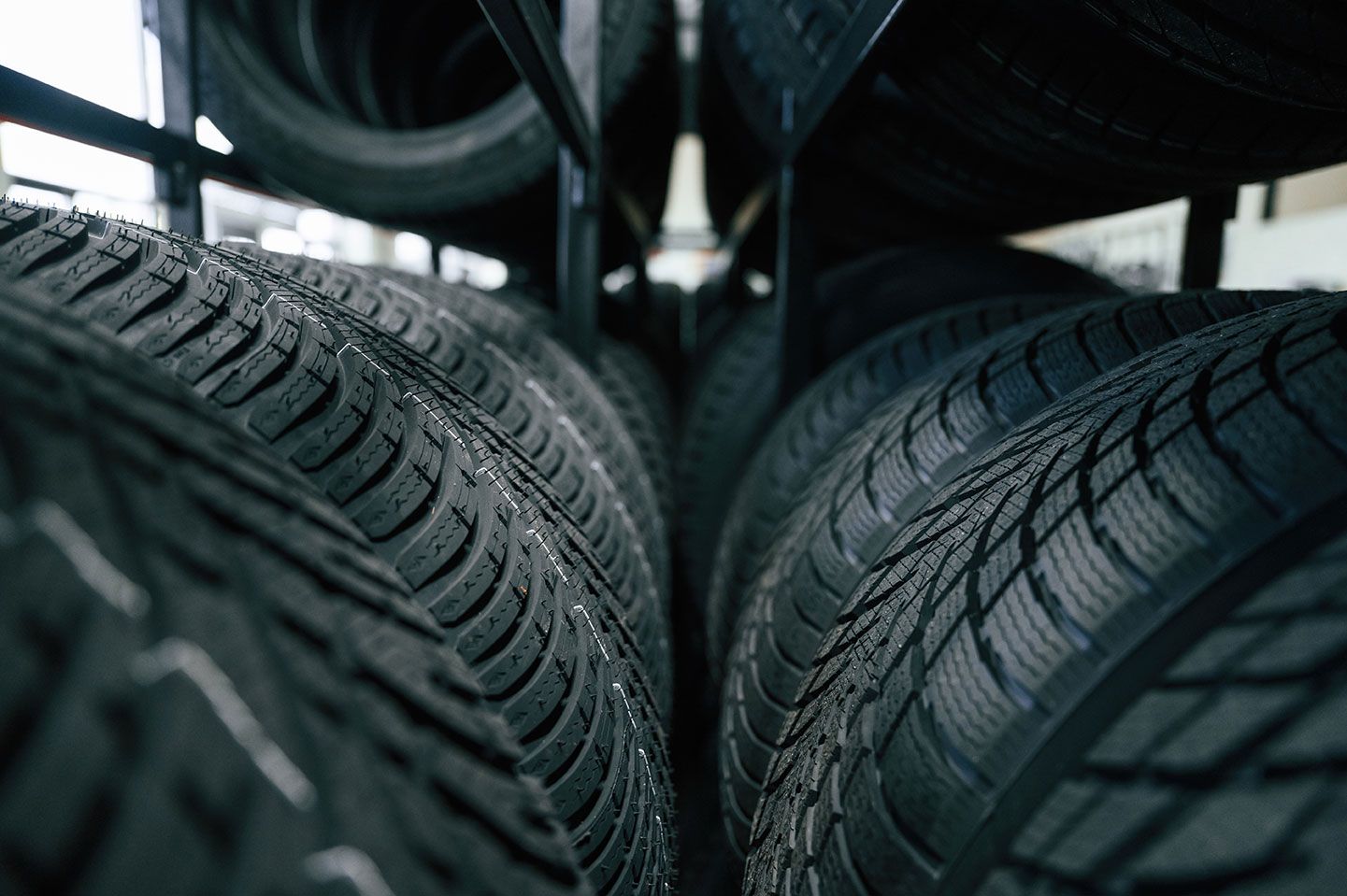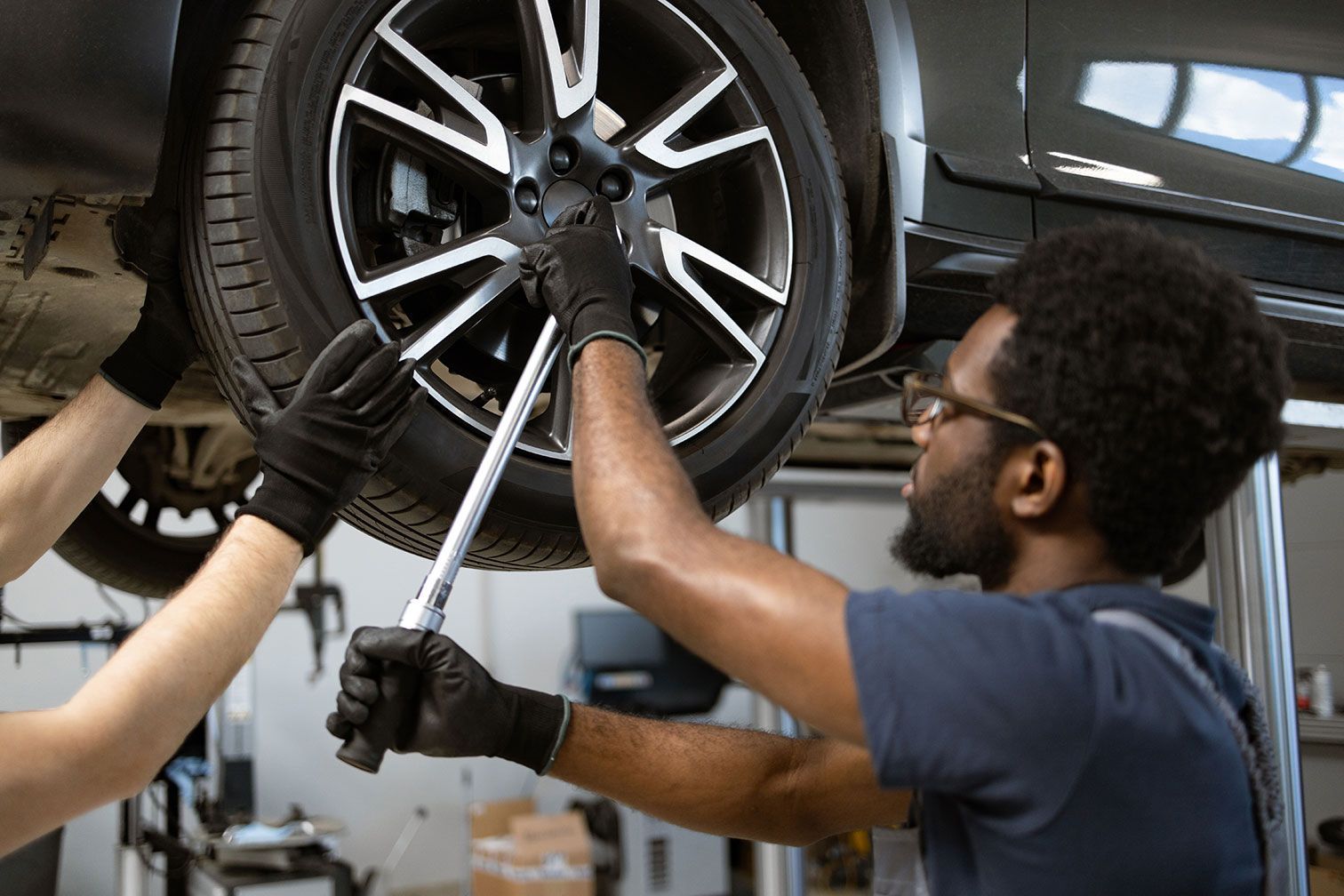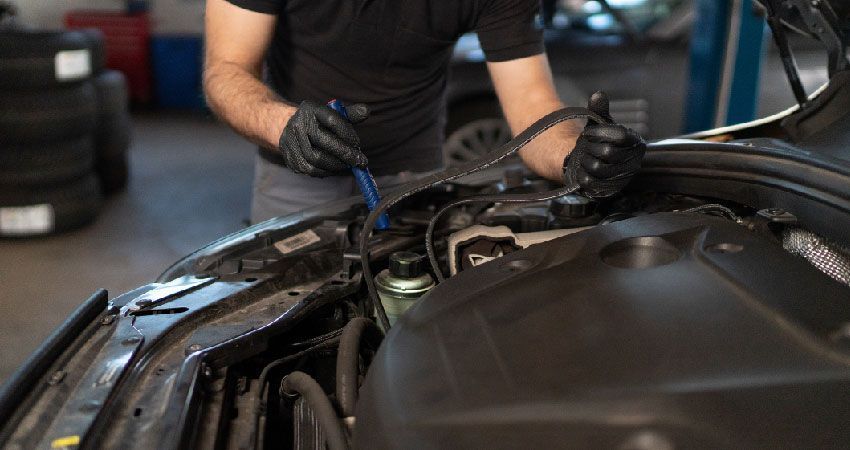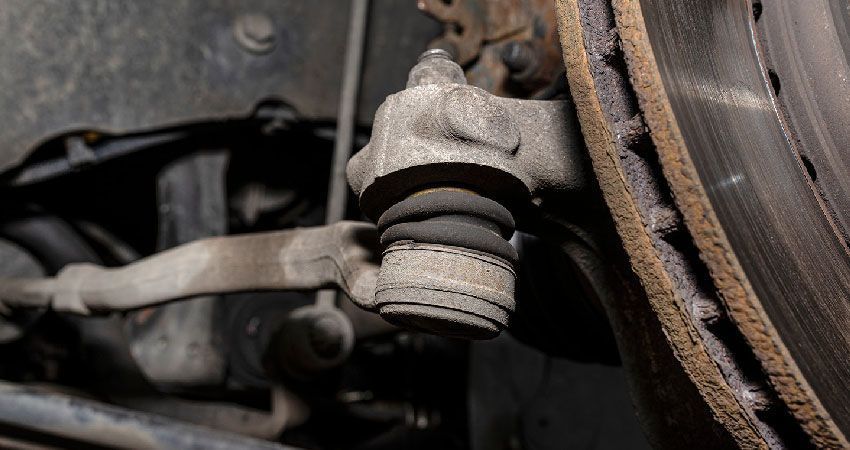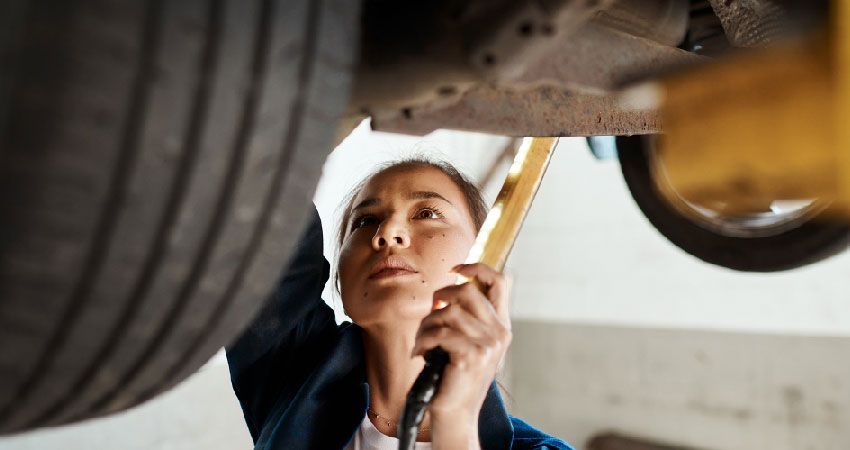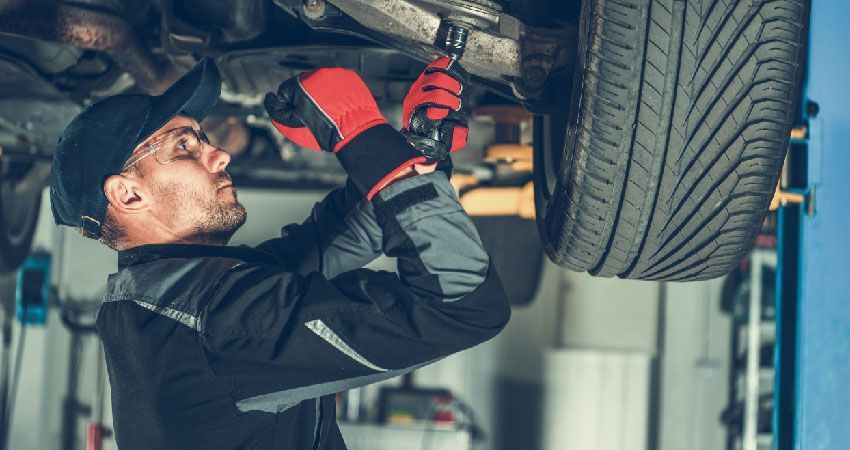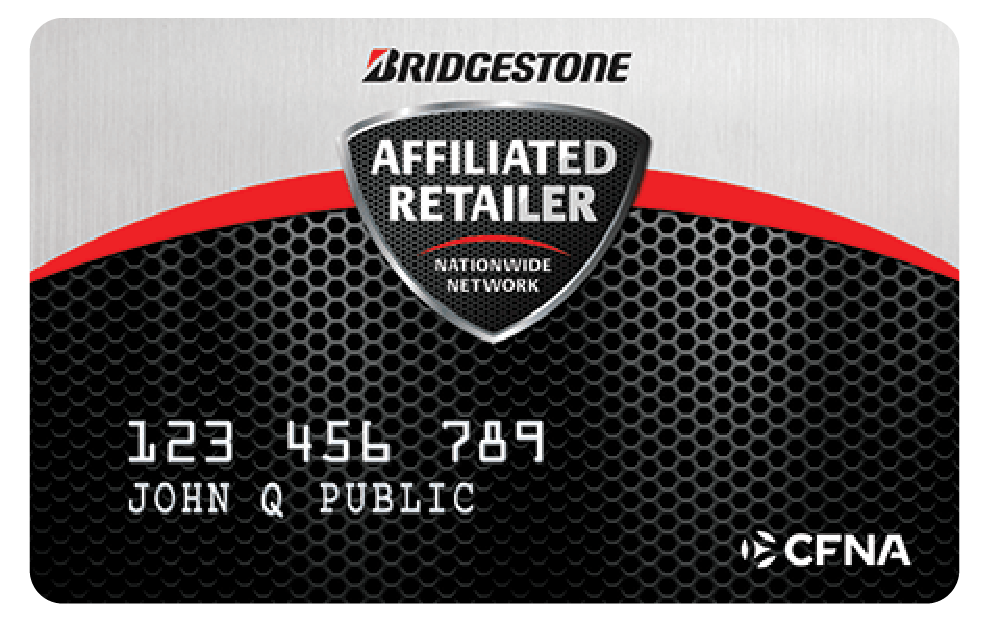Fixing And Maintaining Parking Brakes
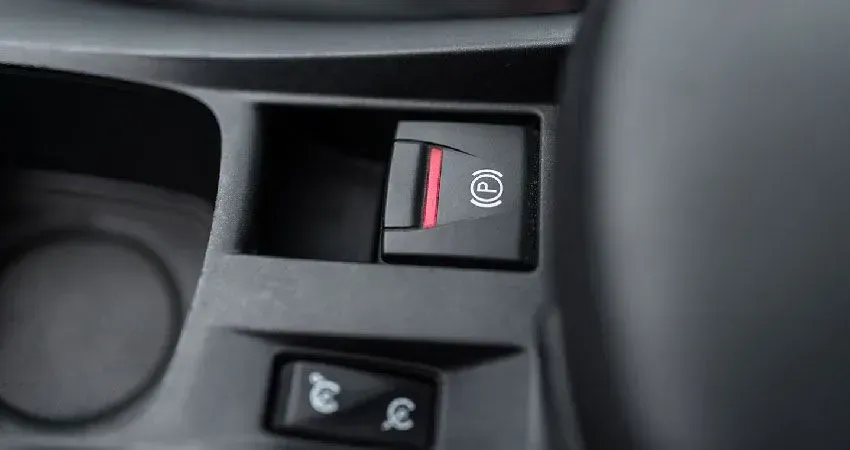
How do parking brakes work?
Why do parking brakes need to be serviced/adjusted?
Parking brakes are an essential for safety. Parking brakes are used more in manual transmission vehicles than in automatic transmission vehicles. Every time the vehicle is parked, the parking brake is engaged to keep the vehicle from rolling away. It is also imperative to have a fully-functional parking brake in the case of an emergency or if your vehicle’s regular hydraulic brakes completely fail. Parking brakes are rarely used in an automatic transmission vehicle. However, unused parking brakes can lead to rusted/corroded cables and, eventually, an inoperable parking brake. That is why it is important to use the parking brake when you park your vehicle, especially on hills, to keep the parking brake’s cables in good condition.
When do parking brakes need to be serviced/adjusted?
It is important to inspect your parking brake’s cables periodically to check their condition. If they look rusted, loose, or worn, you should have your parking brake serviced. You can also check to make sure your parking brake is working properly by pulling it and checking to make sure the cables are tightening and clamping your brakes. You should also have your parking brake checked whenever you have your regular hydraulic brakes checked or serviced.
Comprehensive Coverage for All Your Automotive Repair Needs Awaits You!
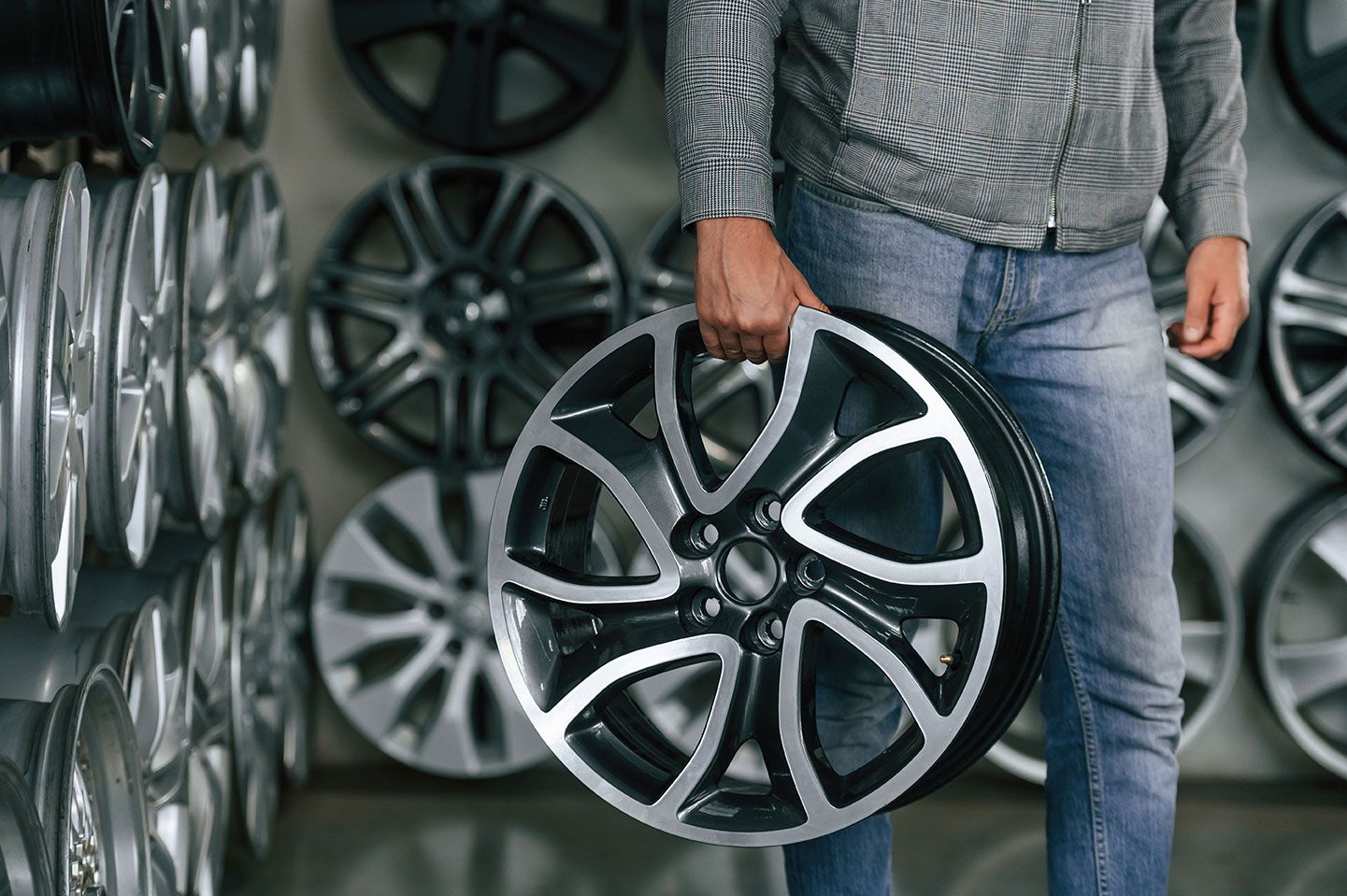
By Melissa Underwager
•
August 7, 2025
When it comes to the performance, safety, and aesthetics of your car, one often-overlooked but crucial component is the wheel. Car wheels serve not only as the foundation for movement but also play a significant role in handling, fuel efficiency, and overall driving experience. In this blog, we’ll dive deep into everything you need to know about car wheels, from their construction to how to choose the best ones for your vehicle.

